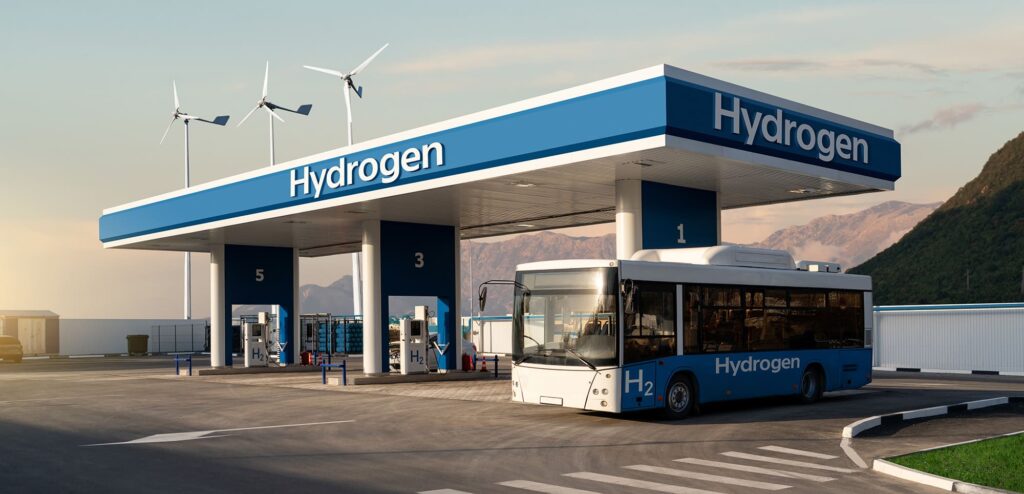VTM at the 8th Annual Meeting of Transport Authorities

Earlier this year, VTM leveraged its professional expertise to provide contributions to the written consultations and meetings organised by IMT-Instituto da Mobilidade e dos Transportes, focusing on the elaboration of guidelines for the development of Sustainable Urban Mobility Plans (SUMPs).
On December 10th, the official launch of the SUMP Guide took place at the Fórum Braga. This new resource, inspired by the second edition of the Guidelines for Developing and Implementing a SUMP from the European Commission’s Mobility Observatory, is now available here.
The event brought together transport authorities and key stakeholders to discuss the transition to SUMP 2.0 and to address the challenges faced by Portuguese municipalities and transport authorities in developing and implementing sustainable urban mobility plans. On the same day, the Transport Fund Call for SUMP preparation was also published, marking an important initiative providing financial support for municipalities embarking on or advancing their SUMP journey.
VTM had the privilege of attending the event and doing so in the most sustainable way possible! Part of our Sustainable Mobility team travelled to Braga by train (Lisbon-Porto-Braga-Lisbon), underlining our commitment to sustainable practices.
At VTM, we keep abreast of market dynamics and emerging trends, constantly striving to help municipalities and authorities create smarter, greener and more inclusive mobility solutions.

Latest news
All news
New study reveals how street network layout shapes urban mobility cultures across Europe
A collaboration including VTM’s Cristian Adorean uncovers fresh insights into the relationship between city design and travel behaviour. A new study published in Cities examines how the layout of street networks—measured as “circuity”—relates to varied mobility cultures across 41 European cities. Co-authored by VTM senior consultant Cristian Adorean, the research explores how urban environments shape […]

Key challenges to widespread adoption of clean hydrogen in urban mobility: a chicken-and-egg problem?
This is the third article of a trilogy about the application of hydrogen technologies in transport. The first one and the second one are still accessible on our website. Our previous article briefly introduces the tech under the hood of fuel cell vehicles (FCV) and their main advantages over battery electric vehicles (BEV). Depending […]
